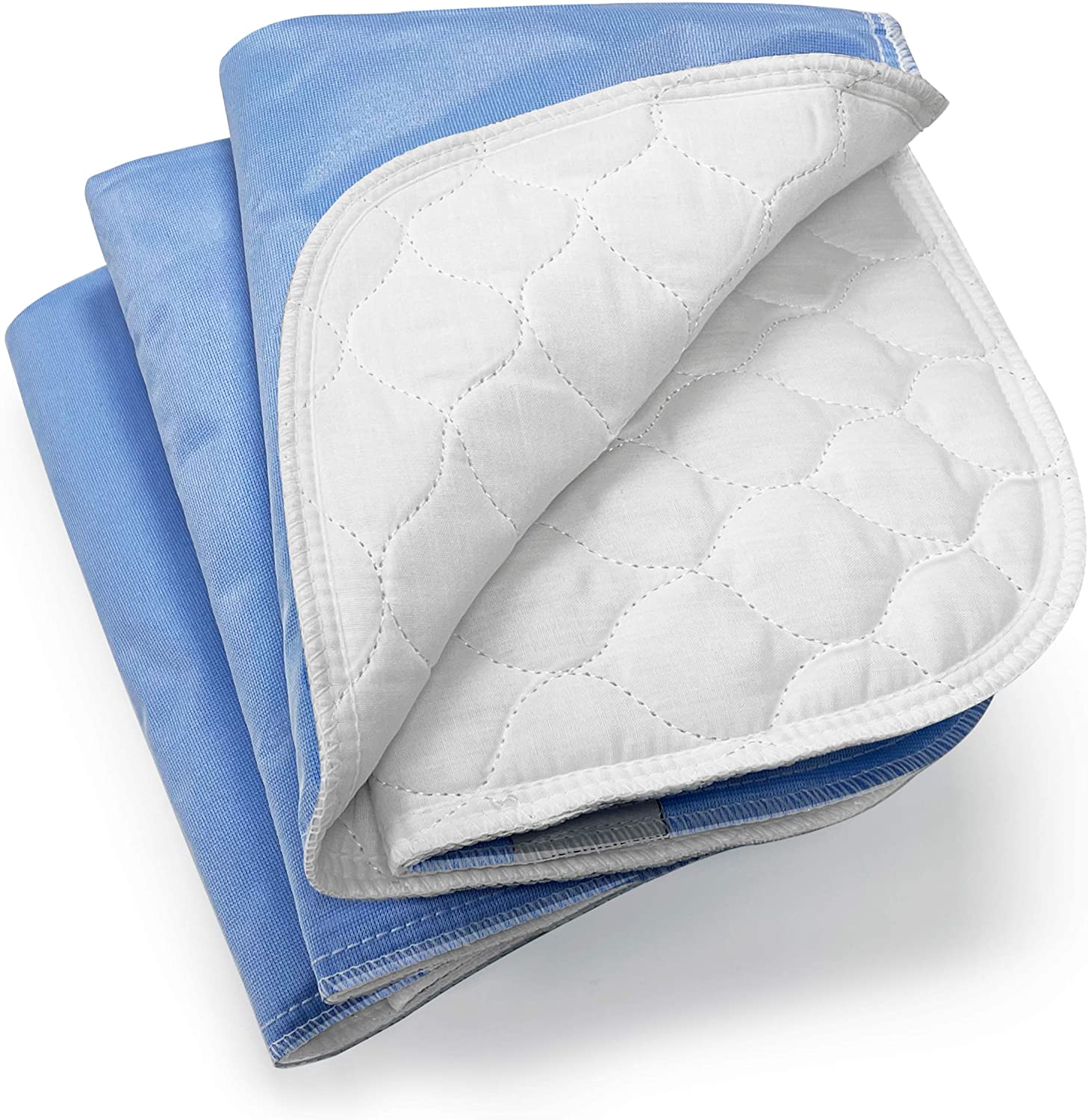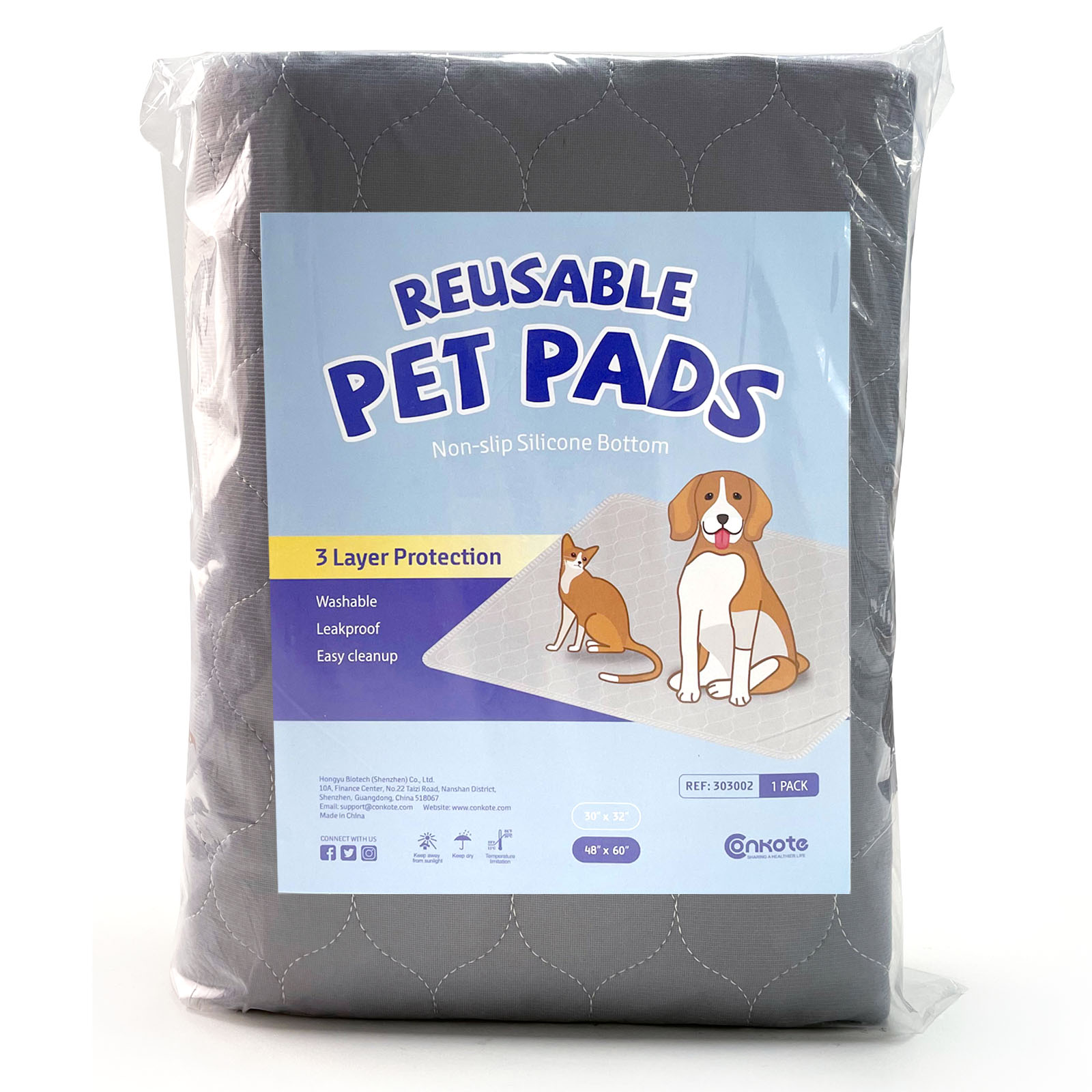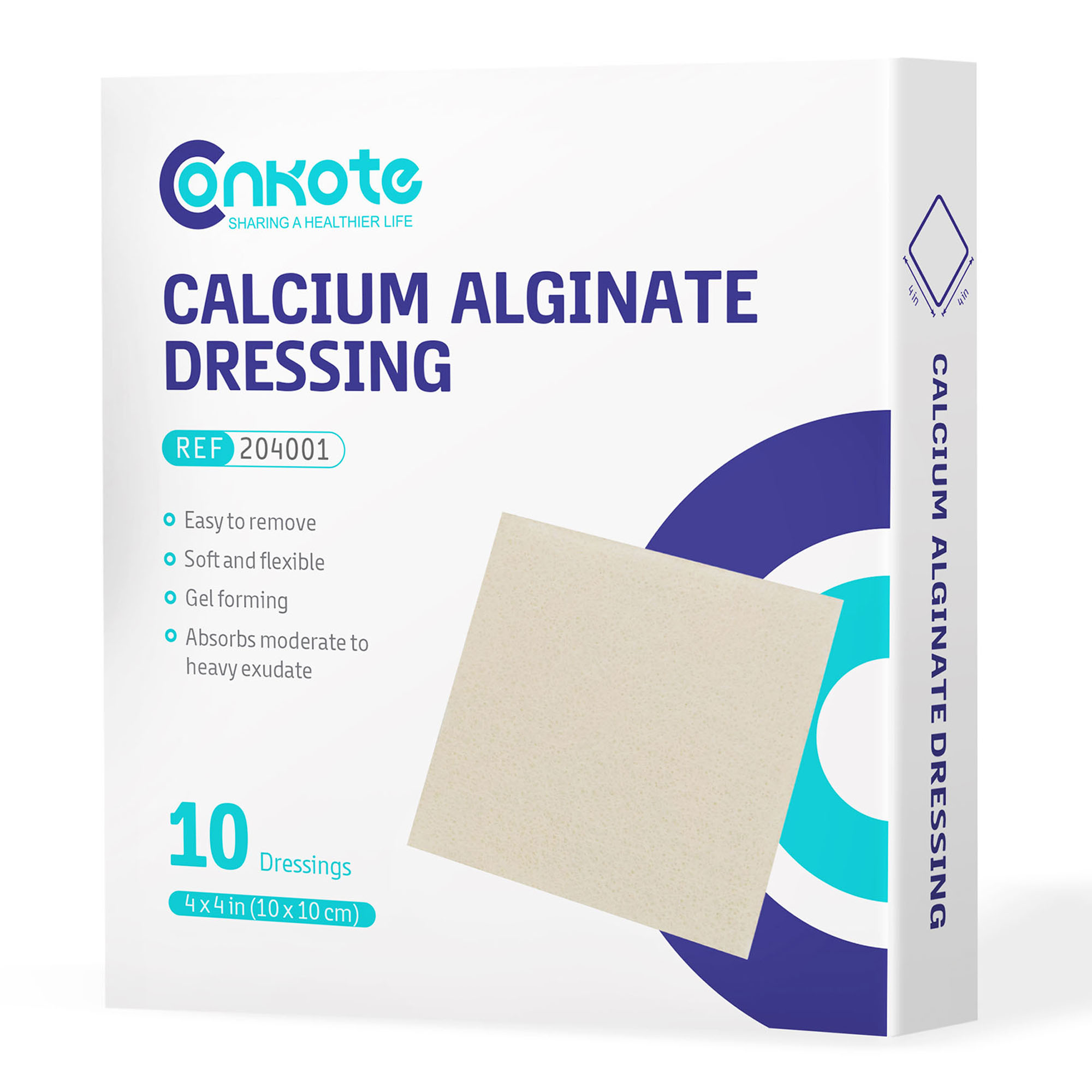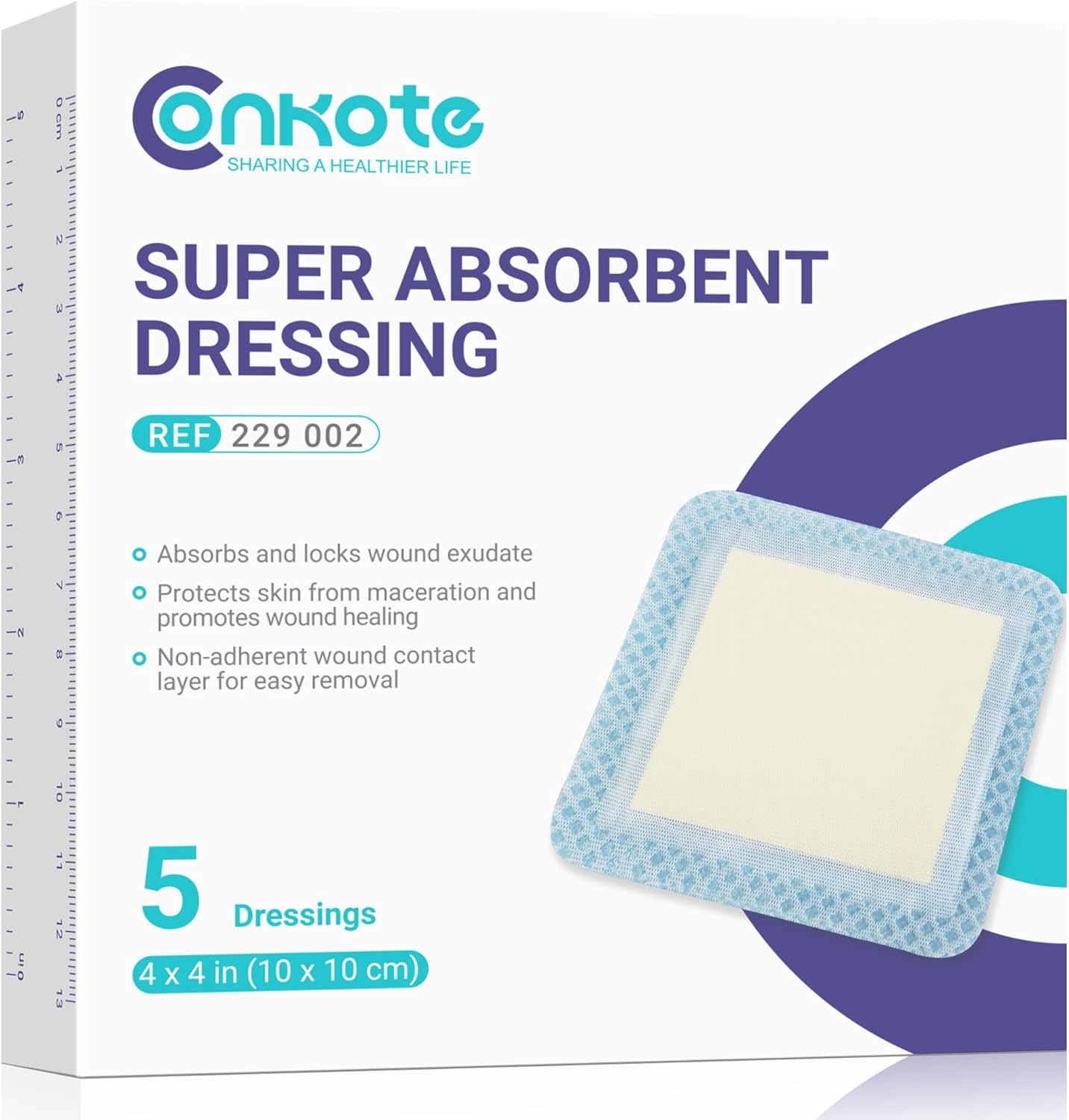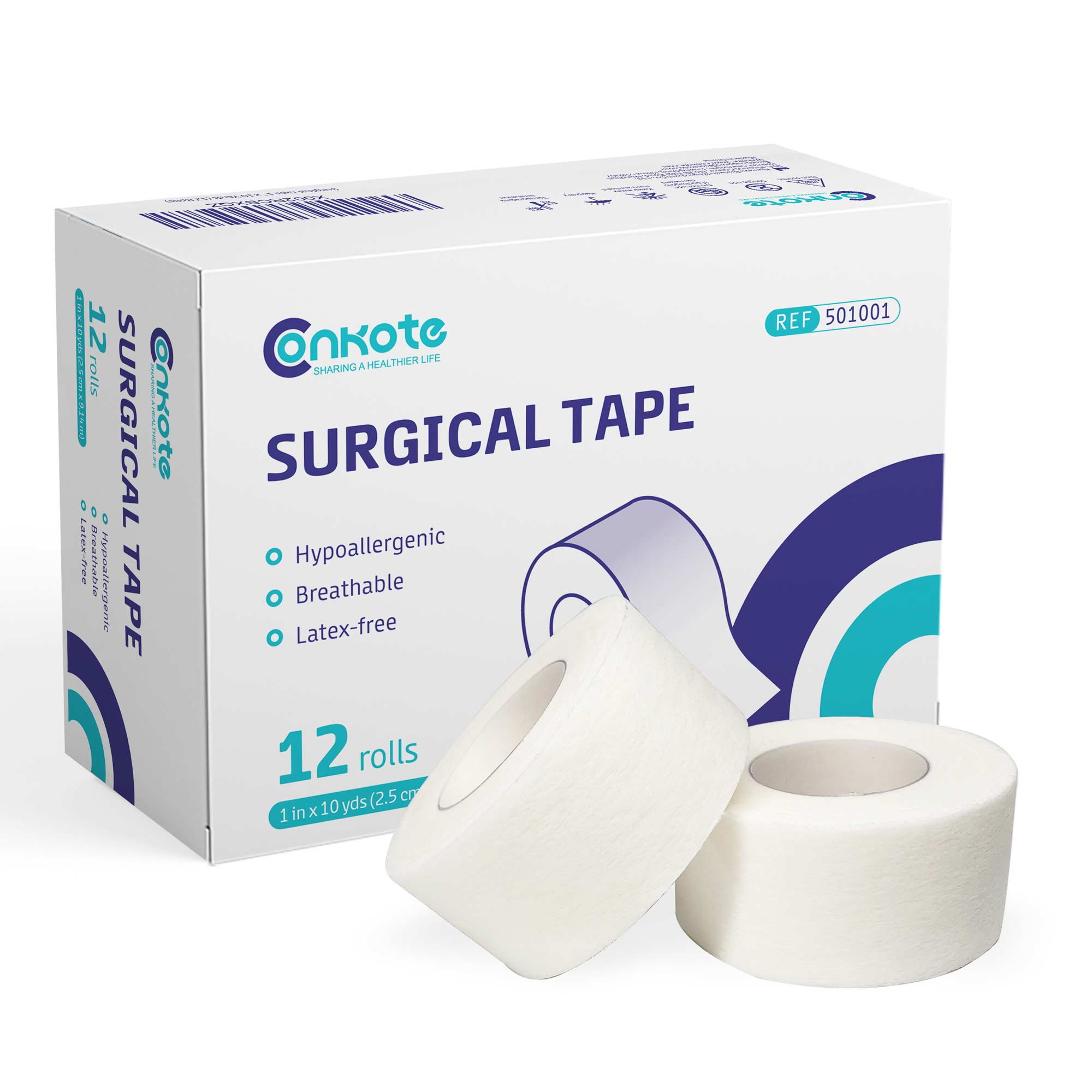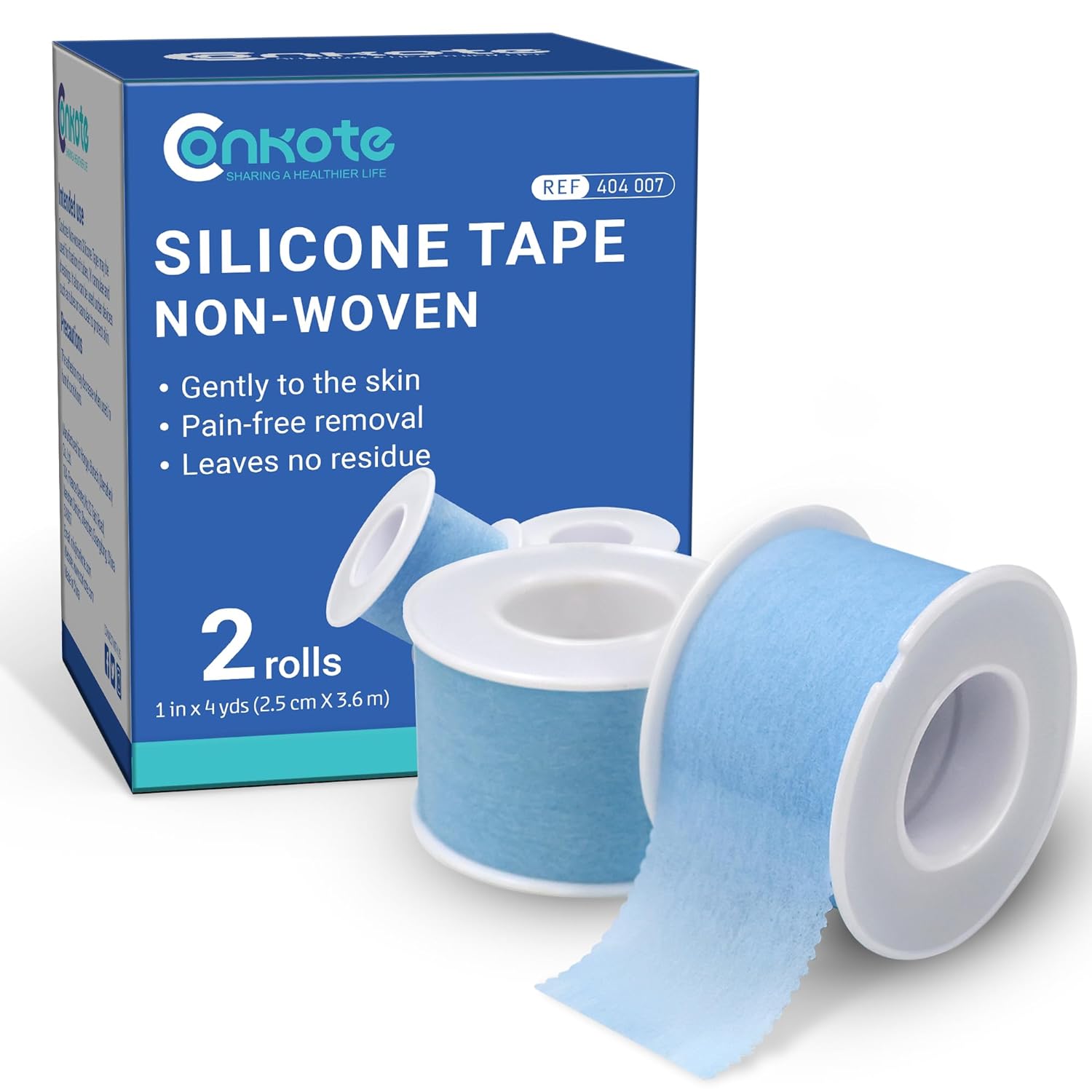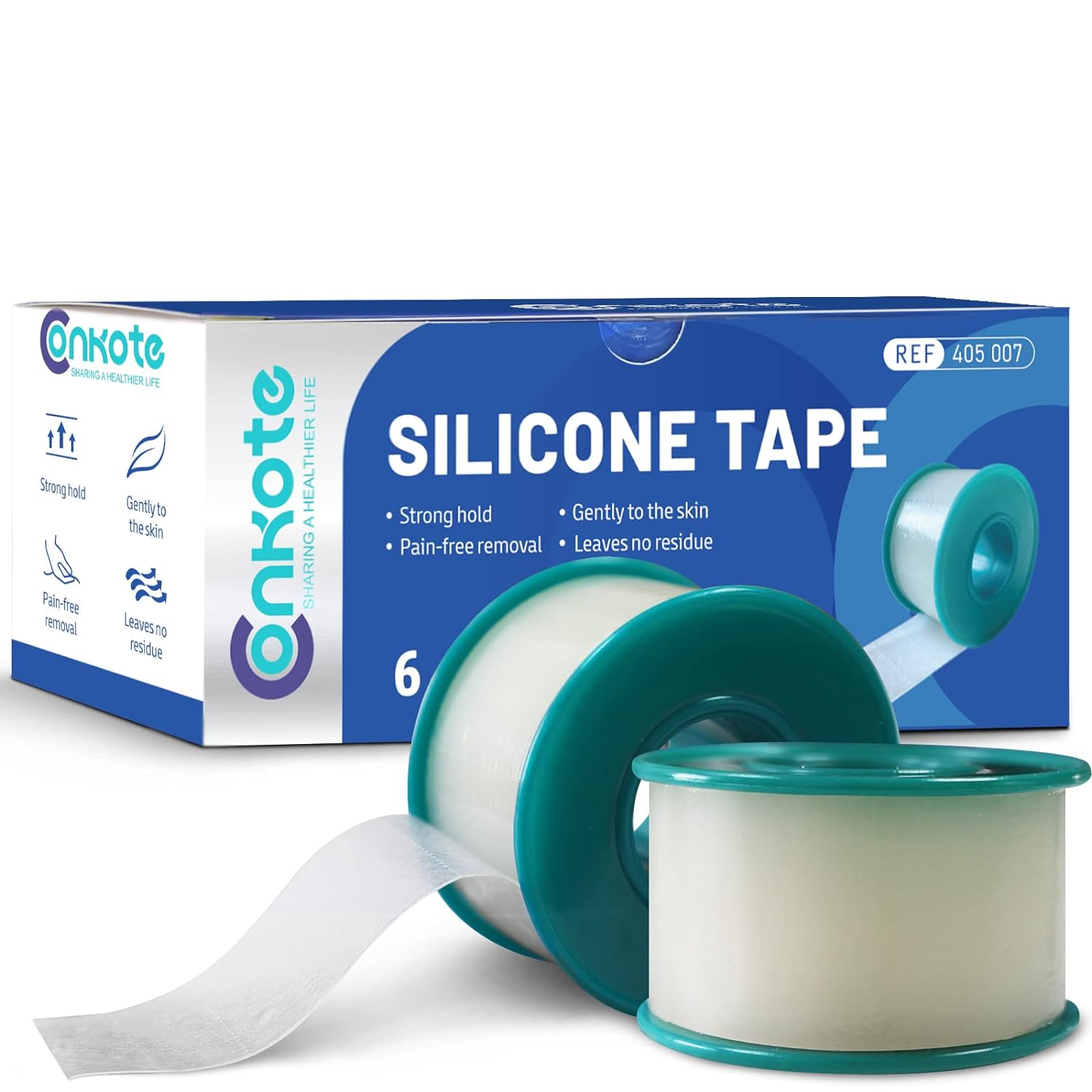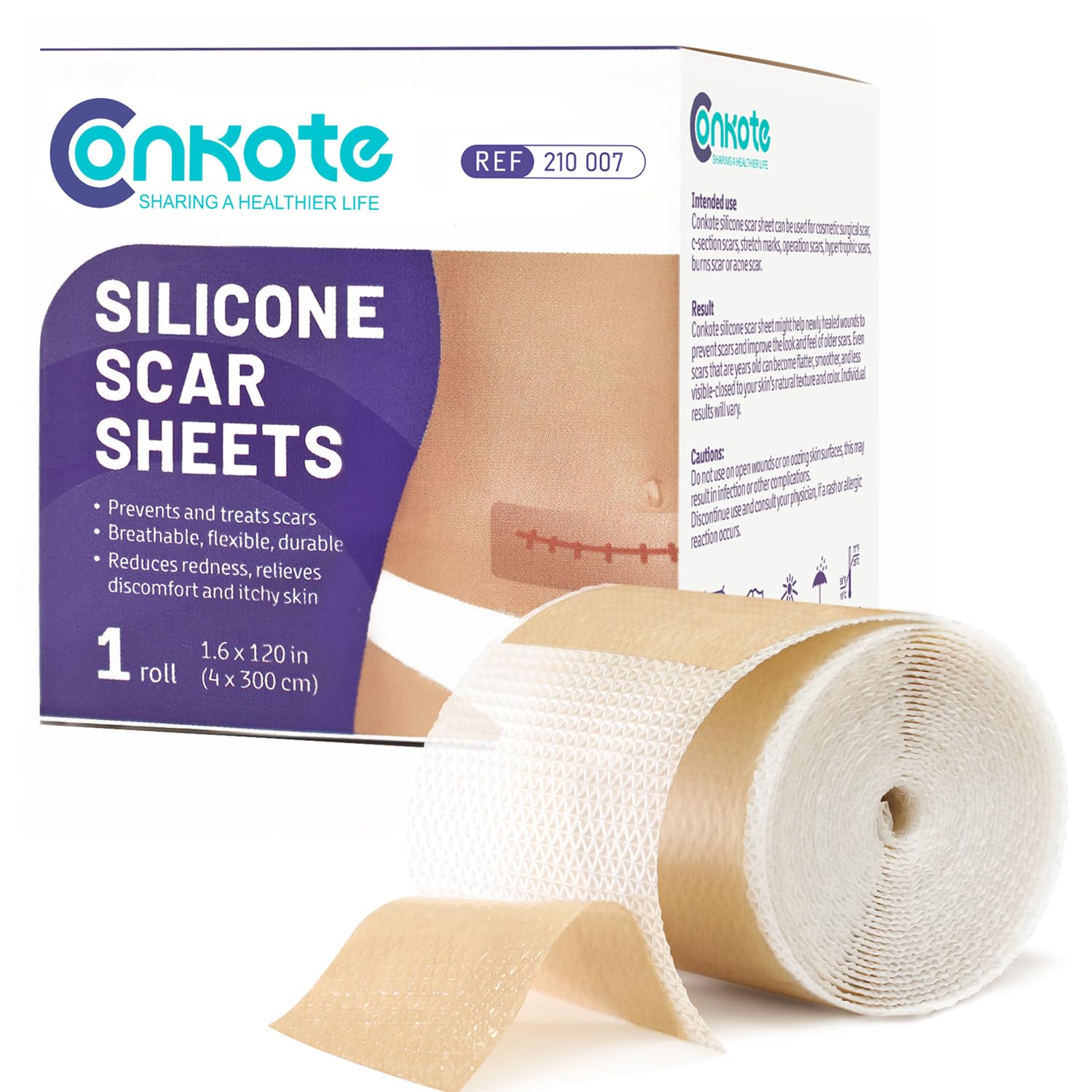Tattoo Infection: Signs and Treatment
2022-09-21 2022-09-21 18:16Tattoo Infection: Signs and Treatment
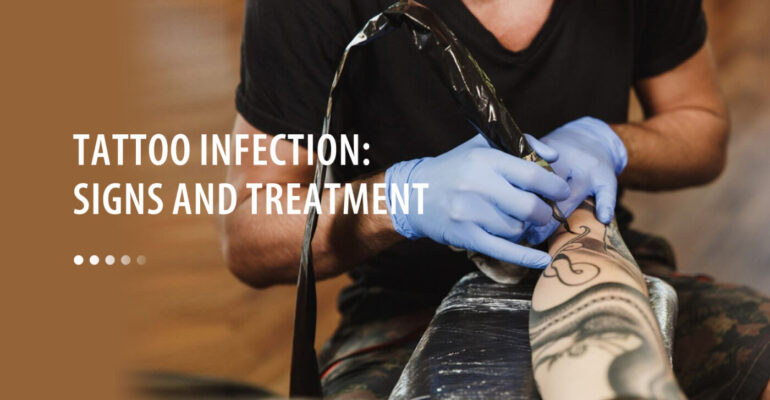
Tattoo Infection: Signs and Treatment
Tattoos are permanent. They’re also beautiful, one-of-a-kind, and a source of pride for their owners. A tattoo is a permanent mark produced on the skin by introducing ink into the dermis, the skin layer underneath the epidermis. The process of obtaining a tattoo may be both painful and exhilarating. Many individuals acquire tattoos to express their ideas or ideals and enhance their physical attractiveness. But what if your tattoo isn’t feeling so well?
Infections are always a risk for tattooed persons, particularly if the skin was injured during the procedure. This post will cover the many kinds of infections, their causes, the symptoms of tattoo infections, and their treatment.
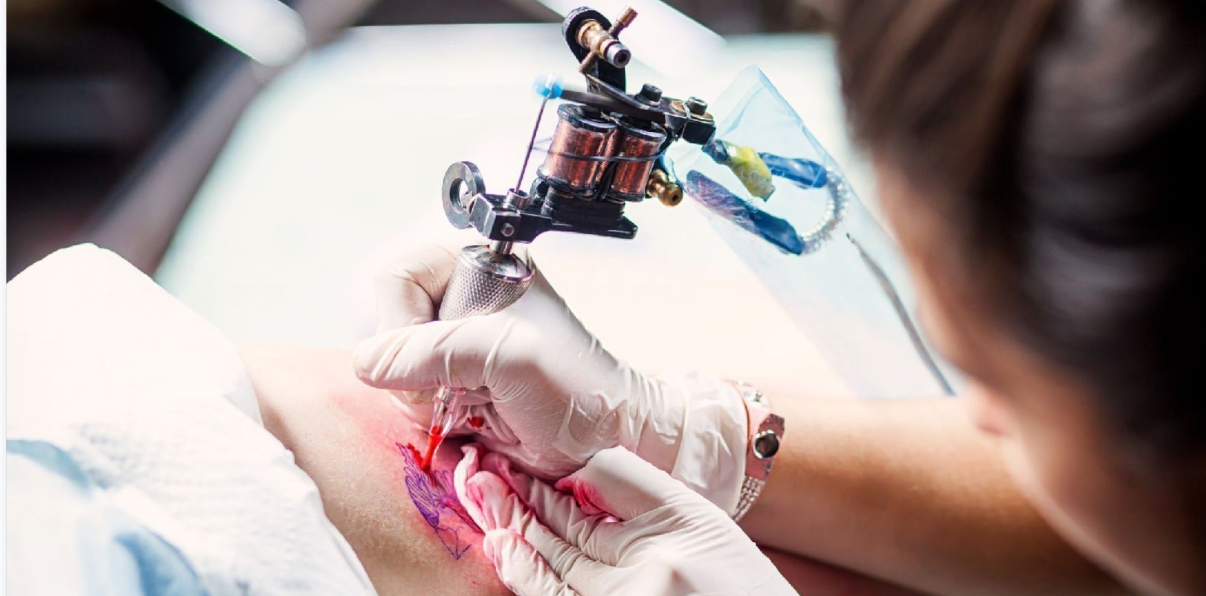
What Types of Infections Can Tattoos Cause?
1. Cellulitis
Cellulitis is a skin infection that produces inflammation and redness in the skin. This skin infection is known as a systemic infection because it affects more than one portion of your body at the same time. Cellulitis may be caused by various bacteria, which can enter the bloodstream and spread to other body regions. If you suspect cellulitis, see a doctor as soon as possible so the infection may be adequately identified and treated; otherwise, it might develop into fatal complications.
2. Impetigo
Bacteria, most often staphylococcus, bring on a common skin condition called impetigo. It often results in a rash that resembles pimples and covers the face and neck, although it may also affect other body regions. Due to its high contagiousness, impetigo may be passed from one person to another through kissing or sharing towels or utensils. If you feel you may have impetigo, schedule a visit with your doctor as soon as possible for treatment.
3. Sepsis
This particular kind of skin infection happens when an infection in one region of the body travels through the bloodstream to other sections of the body and produces inflammation there. It is one of the types of skin infections that may happen. Tattoos and other body piercings are potential risk factors for developing sepsis, and this is particularly true for those with compromised immune systems.
How Do Tattoo Infections Happen?
1. Tattooing in Unsanitary Conditions
It’s crucial to research before choosing a location for your new tattoo since it’s a huge choice. Many individuals decide to have their tattoos done by a friend or family member who already has some background in the tattooing industry. This is risky since the majority of individuals lack the appropriate skills to provide you with a tattoo that is both safe and healthy for you to have.
2. Not Keeping Your Tattoo Clean
It’s more probable to develop wound infections if you don’t maintain cleanliness around your tattoo. You should wash it twice daily with antibacterial soap and water for the first two weeks after receiving your tattoo. Next, wash it every day for the next two months. Make sure to rewash it within two hours after working out or sweating hard if you’re doing either during this period.
3. Using Contaminated Ink or Needles
If your tattoo artist uses contaminated ink or needles, infections might arise. This is especially relevant if your tattoo artist lacks sufficient training and is unaware of the risks of using unclean equipment. Several things may go wrong while getting a tattoo, but it’s essential to realize that it’s never too late to fix any issues that surface after you’ve been inked.
4. A Weakened Immune System
You are more prone to get an infection from your tattoo if your immune system is already weak. For instance, you could be more likely to get a skin infection after having a tattoo if you have diabetes or cancer. Most infections may be managed before they become severe. Your immune system won’t be as effective at fighting off infections, however, if any of the conditions mentioned earlier compromises it.
What Are the Signs of Tattoo Infection?
The signs of tattoo infection include:
Redness: Along with other symptoms, redness shows that your body is fighting against an infection.
Fever: A fever may be brought on by various conditions, but if you have one along with other signs of tattoo infection, you should consult a doctor as soon as possible.
Chills: Another sign that your immune system is malfunctioning has the chills.
Increased Swelling: Swelling occurs when more blood than expected flows into the tattooed region, which may cause inflammation and swell at the wound site and in the lymph nodes close by (small glands throughout the body).
Pain: This symptom should also be discussed with your doctor. Pain may indicate inflammation or irritation in the skin around your tattoo region. Still, if it continues beyond two days, it may show something more severe.
Common Treatments for Tattoo Infections:
1. Nonsteroidal Anti-inflammatory Drugs
Bacteria and fungi, which can live and thrive on human skin, are common culprits in tattoo infections. Treating a condition with nonsteroidal anti-inflammatory medications (NSAIDs) is essential. These drugs will assist in reducing the level of inflammation and edema present in the location. They can alleviate pain and inflammation, two typical signs of an infection.
2. Antihistamine
As a therapy for tattoo infections, antihistamines are often prescribed by dermatologists. They can relieve redness, swelling, and irritation. However, they are only effective on the skin and do not kill the bacteria at the root of the problem.
3. Creams Applied Topically
These creams will help decrease swelling and redness and provide a barrier preventing germs from entering the skin. Because these lotions assist in avoiding scabbing, which may trap germs behind them, the skin must be kept moist.
4. Oral Antibiotics
Physicians often prescribe oral antibiotics when topical treatments are ineffective in curing a tattoo infection. These drugs take longer to take action than topical lotions, but they are more potent in killing germs and preventing the formation of scars in skin infections.
Bottom Line
Prevention is your most incredible line of defense against getting an infection in your tattoo. You should always take the appropriate hygienic steps when getting a new tattoo. This will help reduce the time needed for healing if any complications arise. Carry out some research about the procedures that must be followed when an infection develops.
Search by Tags
advanced woundcare dressing Bedsores Blood Blood donation chronic decrease Chronic Wound comprehensive guide Conkosil Diabetes diabetes foot diabetes prevention Diabetes,Foot Problems,wound Diabetic foot dog training donation dor pee pads Easy Tips First aid health health life Home Care Ionic Silver Dressin Innovative Technology for Wound Care Lesions Measure a Wound medical tape Moist Wound Healing Negative pressure wound therapy papertape pet care Pressure Ulcers puppy pee pads Self-Adhesive Bandage Skin care tape Tobacco traditional wound care dressing World No Tobacco Day Wound care wound dressing wound healing wound infection wound materials woundmaterials wound type wound vac





